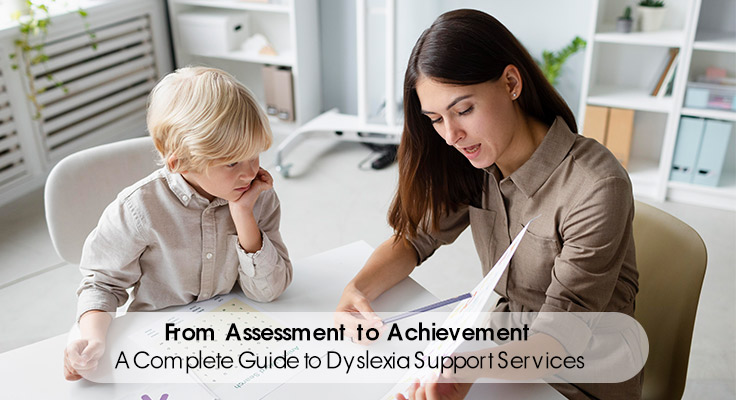Family law matters can be challenging, especially when relationships end. Establishing clear, legally enforceable agreements is essential for moving forward positively. Whether you’re dealing with property settlement or parenting arrangements, consent order lawyers in Mornington can help you navigate the process with confidence and ease.
Key Takeaways
- Consent orders provide legally binding agreements for separated families
- They offer structure for both parenting and financial arrangements
- Professional legal advice is essential when drafting consent orders
- Applications can be made without court appearances in most cases
- Orders can be modified if circumstances change significantly
What Are Consent Orders?
Consent orders are legally binding agreements approved by the Family Court. Unlike informal arrangements between separating partners, these orders carry the weight of law, making them enforceable if one party fails to comply with the agreed terms.
They typically cover two main areas: parenting arrangements for children and financial matters including property division and spousal maintenance. The critical difference between consent orders and private agreements is their legal status – once approved by the court, they have the same legal effect as if a judge made the decision after a hearing.
“A well-crafted consent order provides certainty and peace of mind for all parties during what is often a difficult transition period.”
Benefits for Family Stability
The primary advantage of consent orders is the stability they create. For parenting matters, they establish clear guidelines about:
- Where children will live
- Time spent with each parent
- Decision-making responsibilities
- Holiday arrangements
- Communication methods between parents
For financial matters, consent orders provide certainty by finalising property division, superannuation splits, and any ongoing financial support. This clarity helps families rebuild their lives with financial security and reduces the possibility of future disputes.
Application Process
Applying for consent orders involves several steps. First, both parties must reach agreement on all issues – either independently, through mediation, or with legal assistance. Once agreement is reached, you’ll need to:
1. Complete the Application for Consent Orders form (available from the Federal Circuit and Family Court of Australia)
2. Draft the specific orders you’re seeking
3. Prepare a statement of financial circumstances if property is involved
4. Lodge the documents with the court and pay the filing fee
5. Wait for court assessment and approval
The typical timeframe for processing is 4-8 weeks, though complex matters may take longer. The current filing fee is approximately $170, though exemptions may apply in cases of financial hardship.
Common Challenges
Despite best intentions, challenges can arise when creating or implementing consent orders. Disputes often occur around valuation of assets, parenting time allocations, or interpretation of specific terms.
Children’s needs require special consideration. The Family Law Act mandates that the best interests of children remain paramount in any parenting arrangements. This means considering their developmental needs, relationships with both parents, and practical considerations like schooling and activities.
If circumstances change substantially after orders are made – such as relocation, remarriage, or significant income changes – you may need to modify your orders. This requires either mutual agreement and new consent orders, or an application to the court if agreement cannot be reached.
Getting Professional Help
While technically possible to apply for consent orders without legal representation, seeking professional advice is highly recommended. Family lawyers specialise in drafting precise, comprehensive orders that protect your interests and avoid future interpretation issues.
Mediation services can help you reach agreement before formalising arrangements through consent orders. Family Relationship Centres offer mediation at reduced rates, while private mediators provide more flexibility with appointment times.
Online resources from the Federal Circuit and Family Court of Australia provide forms and guidelines, but cannot replace tailored legal advice for your specific situation.
Conclusion
Consent orders represent a practical, less adversarial approach to resolving family law matters after separation. They provide the legal protection of court orders while allowing families to create arrangements that suit their unique circumstances.
For comprehensive guidance on creating effective consent orders that protect your rights and support family stability, consider reaching out to Eliza Legal. With expertise in family law and a focus on achieving practical outcomes, their team can help you secure arrangements that work for everyone involved.
Also Read: How Injury Lawyers Really Help You Win Fair Compensation










